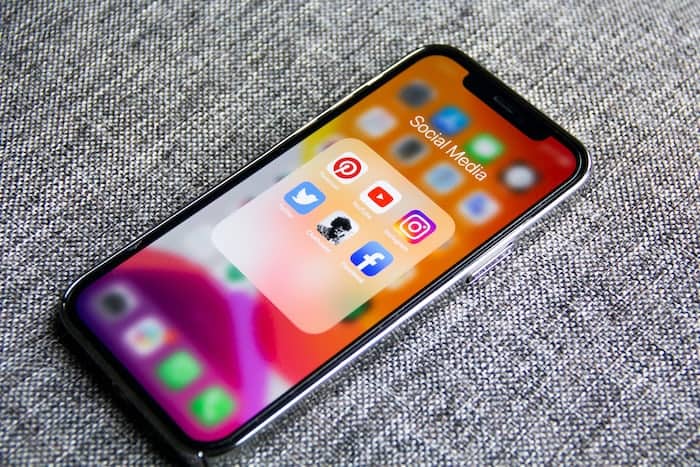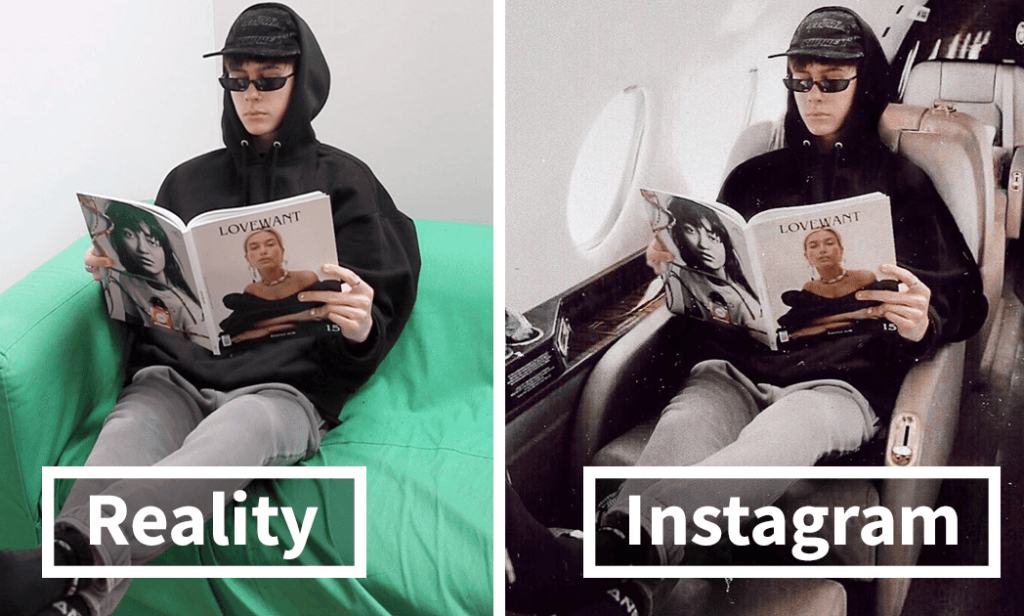Before the existence of social media and the internet, boomers lived most of their lives engaging face-to-face with people. (Social) meant going outside to play with friends. Toys were a luxury, so spending the day making up games was normal to them. Many of them even brag about staying out all day when they were kids. But for kids today, they’ve never known life before the internet, life before Twitter and Facebook, or life before these snappy chatter apps.
The generation growing up now has never known social life without screens. At the very least, social media has allowed for a larger, (and quicker means) of distribution of information. We cannot say we are not informed. The reality is, because of the expedient nature of social media, we can respond in real-time to things happening around the world.
In addition, with 3 billion people using social media too, the influence one person can obtain has never been bigger. One immediate benefit of social media is the unlimited potential scope of our influence.
Our reach is exponentially larger now, plus social media enables us to keep in touch and make friends all over the world.

Like everything else in life, social media has its downsides.
For anyone that has spent an amount of time scrolling through social media, it is no secret that it can foster a sense of discontentment, insecurity, or even depression. When we see people accomplishing more than us, it can breed low self-esteem or lack of self-worth.
We have an opportunity to rejoice in the good happening among our friends and peers, but if we stack their glossy world on social media vs the reality as we know it, discouragement can follow. One study finds that 6.7% of Americans over the age of 18 suffer from depression.
The real challenge comes when we become envious of everything our friends appear to be doing. We start to compare our offline world with our online world and we often feel that we don’t measure up.

Of course, we forget that we only post the bright spots of our day so we end up comparing the best of our friend’s life to the worst of our own. That’s why some social media users usually have lower self-esteem, we need to be reminded that, our friends are likely comparing their struggles to our bright spot as well.
Another study reviewed that it might not be how we compare ourselves to others. Instead, it could be how our posts perform on social media vs our expectation on how they should perform, because we anguish over the number of likes we receive and we let our online engagement define the kind of person we are and our self-worth. We realize that we can’t be other people, we can’t have the bright lifestyles others flaunt on social media and this makes us depressingly sad.

It is very shocking and a no-brainer to know a lot of folks on social media are living very fake lives, from the car they post, to their houses, phones, cash, fancy locations, and clothes are all fake. Very few people live honest lives on social media and it isn’t your place to hate them or bully them for it. Rather, draw inspiration from them and most importantly be grateful for what you have and who you are. Embracing authenticity and believing in yourself without nurturing jealousy for others is a clear way to navigate the pressure of social media.

